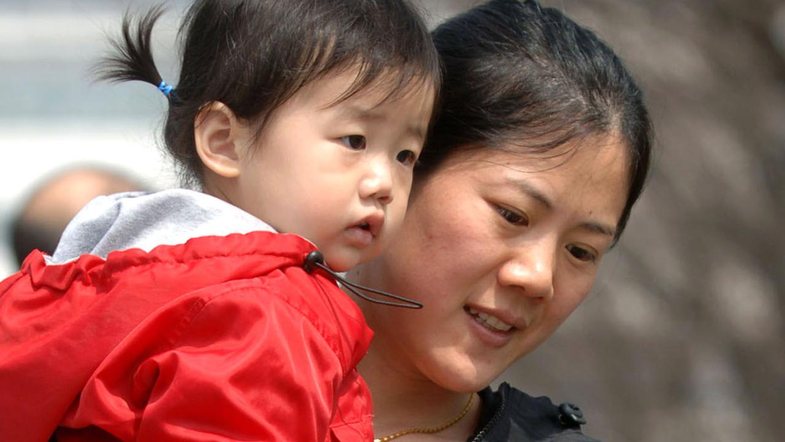
This week, Statistics Korea released a report saying the country's total fertility rate will drop to 0.81 in 2021.
The fact that the total fertility rate in South Korea is below 1 indicates that most couples choose to have only one child and that quite a few couples have chosen to abandon parenthood altogether.
The UN predicts that if low birth rates continue, South Korea's population in 2100 will be less than a third of what it is today.
The government has sought to increase the birth rate by implementing pro-natalist policies, such as giving cash gifts to new parents, but the country's birth rate continues to decline year after year.
Why is the birth rate declining at such dramatic rates in South Korea?
Research suggests rising childcare costs may be at the heart of South Korea's declining birthrate. Starting with education: Korean parents often believe that it is their duty as parents to provide the necessary resources for their children to perform well in school and have an educational advantage over their peers. Therefore, they often send the children to private education centers, where they learn everything from Korean, English, math, writing, art, music, and even physical education.
These private educational centers are extremely expensive and sending children to them significantly increases the costs of raising children.
Another explanation for why the birth rate is so low in South Korea centers on high housing costs. South Korea has one of the most expensive housing markets in the world, and like many other countries, has recently experienced a dramatic increase in house prices.
Research has shown that women who live in areas with expensive housing tend to have children at older ages than those who live in areas with more affordable housing.
The third reason centers on the economic insecurity faced by young men and women in South Korea. After the Asian financial crisis in 1997, South Korea witnessed an increase in precarious and non-standard jobs.
Young people have greater difficulty transitioning into stable economic roles, increasing the number of late marriages. Because fertility occurs primarily in the context of marriage in South Korea, falling marriage rates imply declining fertility. Even married couples may delay or forego childbearing if there is high economic insecurity.
Overall, the fertility literature suggests that the declining economic prospects of young individuals, along with rising housing and childcare costs, have created the perfect storm for the unprecedented decline in fertility.
Burimi: CNN, Psychology Today





